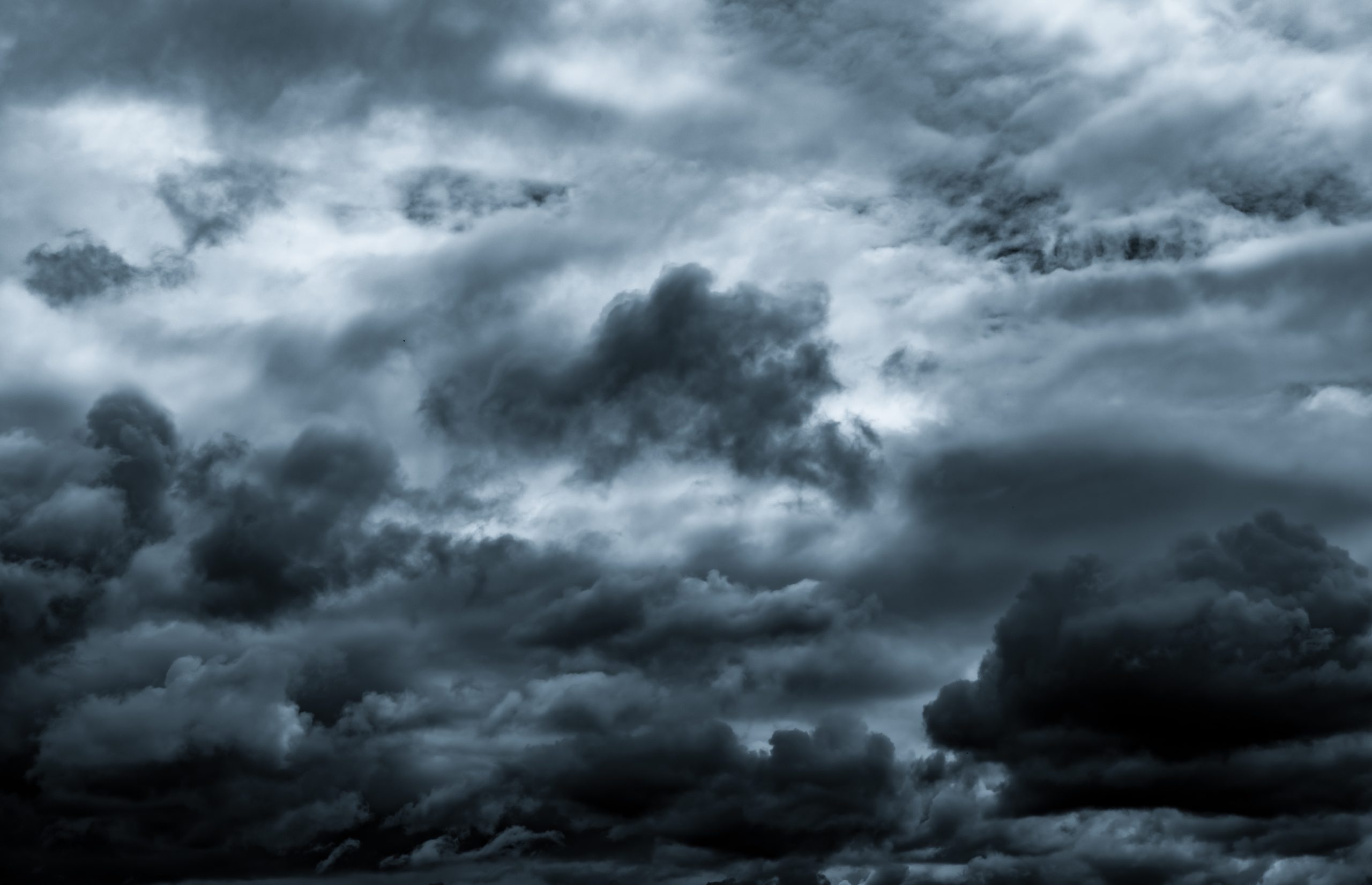This poem has been one of my favorites for a while. I think everyone interested in Greek Mythology should read it! I thought I'd give you a summary:
Hesiod begins by invoking the Muses to guide him in recounting the story of the origins of the gods. He describes Chaos as the initial void from which the first gods emerged. From Chaos came Gaia (Earth), Tartarus (the Underworld), and Eros (Love), setting the stage for the creation of the cosmos.
Gaia gives birth to Uranus (the Sky), who becomes her husband and the father of the Titans, Cyclopes, and Hecatoncheires (Hundred-Handed Ones). Uranus, fearing the power of his offspring, imprisons them within Gaia's womb. Gaia urges her children to rebel, and her Titan son Cronus castrates Uranus, seizing power for himself.
Cronus becomes the ruler of the cosmos but fears a prophecy that one of his children will overthrow him. To prevent this, he swallows each of his children upon their birth, except for Zeus, who is saved by his mother Rhea and hidden away. Zeus grows up and defeats Cronus, establishing himself as the king of the gods.
The poem then describes the Titanomachy, the epic battle between Zeus and the Titans, which ends with the Titans' defeat and their imprisonment in Tartarus. Zeus and his siblings, the Olympian gods, become the rulers of the cosmos.
The narrative continues with the story of the Gigantomachy, the battle between the gods and the Giants, and other myths surrounding the gods' interactions with mortals and each other.

 www.greekboston.com
www.greekboston.com



